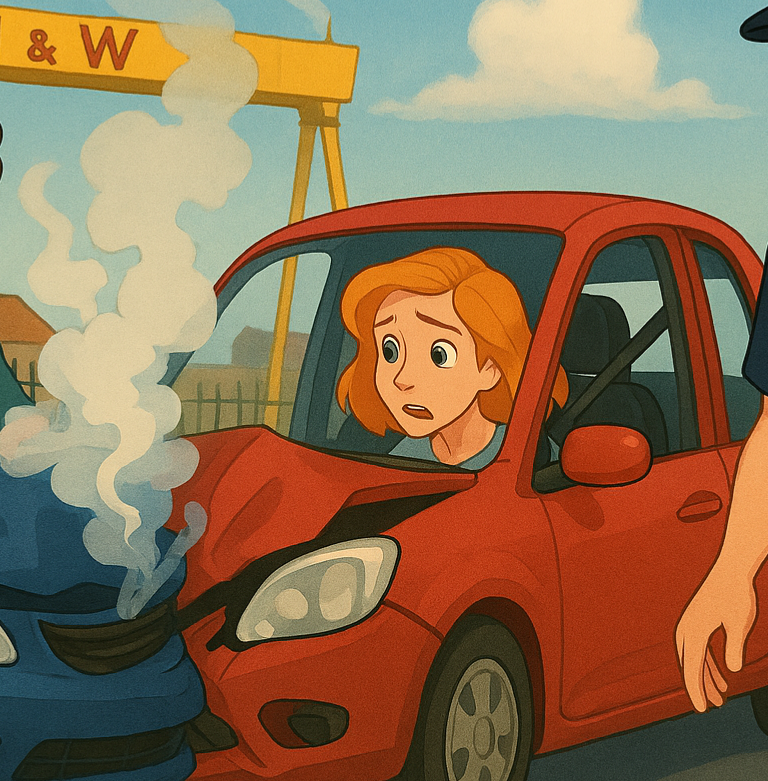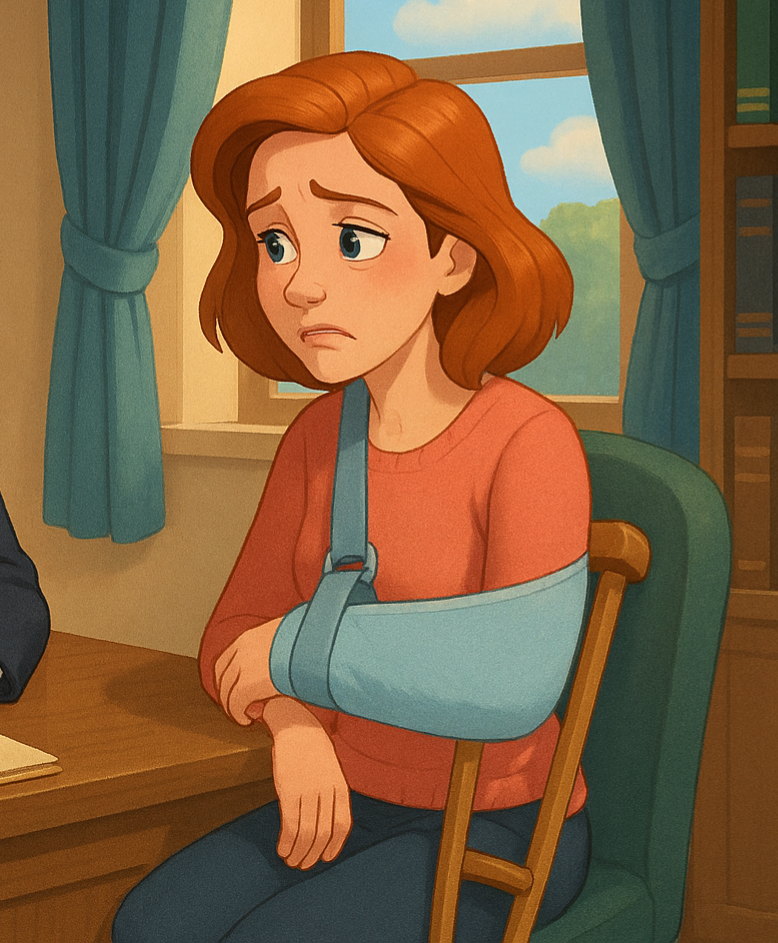It is a long-established legal principle that individuals should receive full compensation – but no more and no less – for losses suffered as a result of personal injuries that are not their fault. The Personal Injury Discount Rate in Northern Ireland (PIDR) plays a crucial role in ensuring this principle is maintained. The PIDR is a percentage adjustment applied to a lump sum award of compensation for future financial losses, such as loss of earnings or care costs, to account for the amount a claimant can expect to earn by investing their award. By adjusting compensation based on investment returns, the PIDR ensures that claimants receive a fair and accurate amount that reflects their future financial needs.
Effective from 27th September 2024, the Government Actuary has reviewed and adjusted the PIDR for Northern Ireland and Scotland, resulting in significant changes to compensation calculations for personal injury claims. The new rate of +0.50% marks a shift from the previous Northern Ireland rate of -1.5%. Lacey Solicitors, a leading insurance defence law firm in Belfast, provides an expert overview of these crucial changes and their impact on insurers and claimants in Northern Ireland.
What is the Personal Injury Discount Rate (PIDR)?
The Personal Injury Discount Rate (PIDR) is a percentage used to adjust lump sum compensation payments awarded to individuals who suffer serious, life-changing personal injuries. This adjustment ensures the compensation accurately accounts for future financial losses and costs, such as medical expenses, care requirements, and loss of earnings. By considering how much a claimant might earn through investing their award, the PIDR ensures fairness in compensation, ensuring no under or over-compensation for the claimant.
The ultimate goal of the PIDR is to adhere to the principle of full compensation – ensuring that the lump sum adequately reflects the claimant’s future financial requirements, whether it’s for ongoing medical care or the loss of future earnings.
Legislative Background
The Damages (Return on Investment) Act (Northern Ireland) 2022 established a formal process for setting the PIDR and mandated a review to be completed before 1st July 2024. This review was carried out by the Government Actuary, resulting in significant changes to the PIDR for both Northern Ireland and Scotland.
As outlined in our previous article found here, before the new rate was set, Northern Ireland’s PIDR was at -1.5%, one of the lowest rates globally, and was implemented in March 2022. In comparison, Scotland’s rate was at -0.75%. Both jurisdictions are now aligned with a new rate of +0.50%, effective from 27th September 2024, driven by improving economic conditions and increased projected investment returns.
The Rate Review Process
The review process began with a consultation in July 2024, followed by the determination of the new rate by the Government Actuary. The revised +0.50% rate reflects several key factors, with the most significant being the increase in expected returns from the notional investment portfolio. This adjustment incorporates recalibrations of various economic variables, including inflation assumptions, investment expenses, and tax considerations.
The last PIDR review, in March 2022, set the rate at -1.5% in Northern Ireland, which had been one of the lowest rates globally due to a conservative economic outlook. The latest review has led to a 2% increase in the rate, reflecting better-than-expected investment returns and ensuring the rate aligns with current economic realities.
Implications of the New Rate
The revised +0.50% PIDR will have significant implications for personal injury claims, particularly those involving future losses like future care costs or loss of earnings. With the new positive rate, claimants will now see a reduction in the lump sum awards required to cover future losses compared to the previous negative rate of -1.5%.
For insurers, this adjustment offers an opportunity to reassess future claims and adjust compensation strategies accordingly. The change ensures a more balanced approach to compensation, reflecting the evolving economic conditions while maintaining fairness for both claimants and defendants.
Next Review and Considerations for Insurers and Legal Professionals
As an established insurance defence firm in Northern Ireland, Lacey Solicitors understands the complexities of these adjustments and the potential impacts on both insurers and claimants. The revised +0.50% rate may lead to reduced costs for insurers in cases involving significant future loss elements, but it is essential for insurers to adapt their claims management strategies to align with this updated rate.
Looking ahead, the Government Actuary has indicated that the PIDR will undergo regular reviews, with the next review scheduled for July 2029. These future reviews will continue to ensure that the PIDR remains responsive to economic conditions and investment return expectations.
Conclusion on the New Personal Injury Discount Rate Northern Ireland
The changes to the Personal Injury Discount Rate in Northern Ireland represent an important development for both the insurance industry and legal practitioners involved in personal injury claims. The revised rate of +0.50% aligns Northern Ireland’s PIDR with Scotland, offering a more balanced approach to compensation calculations.
For insurers and legal professionals, these changes will require careful consideration, especially regarding the calculation of future losses and long-term care costs. It’s essential to review current claims strategies and ensure alignment with the updated PIDR.
For more information or advice on how the new PIDR may impact your insurance claims or legal strategies, please contact Ruaidhri Austin, Partner at Lacey Solicitors or use our Contact Us form on the website. As an experienced team in insurance defence litigation, we are committed to providing expert legal support to help you navigate these changes effectively.













